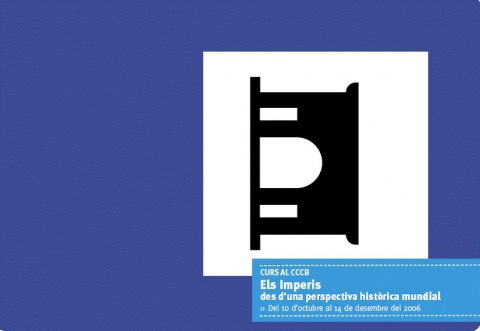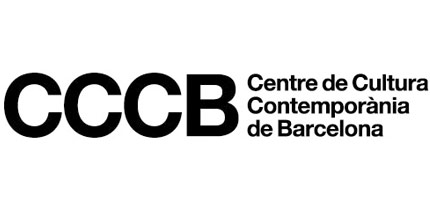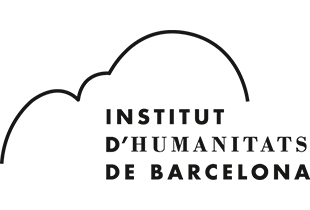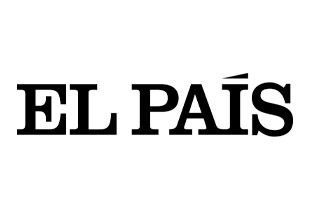Empires from a Worldwide Historical Perspective
Debate
In this cycle of lectures, foremost specialists in ancient and modern history will examine the major imperial experiences to have occurred in history and suggest new ways of viewing the significance of the great empires of the past whose legacy has been passed down to the present day.
Empires are not an artefact from the past. On the contrary, these huge culturally and socially heterogeneous political constructions have survived both centuries of historic changes and predictions of their inevitable disappearance. This cycle of lectures will consider the reasons for the persistence of empires and explore their impact on the history of the world.
The Cycle will bring together a number of well-known historians, specialists in ancient and modern history, with the aim of studying a number of imperial experiences. While the examples discussed do not exhaust the whole range of possible comparisons, these lectures will no doubt offer an occasion to revise accepted wisdom and also enable us to suggest new ways of seeing the historic meaning and significance of some of the great empires of the past. A past that reaches through to the present.
Josep M. Fradera
Introduction
Tuesday, 10 October
Empires Always Return .
Notes on Imperial Dynamics and Traditions.
Josep Maria Fradera, Pompeu Fabra University.
Antiquity
Tuesday, 17 October
The Persians and Alexander the Great.
From the Achaemenid Empire to Alexander's Empire: History and Historiography.
Pierre Briant, Collège de France.
Thursday, 26 October
The Roman Empire.
Rome and the Dilemmas of the Empire's Universal Hegemony in World History.
Peter Fibiger Bang, University of Copenaghen
Modern World
Thursday, 2 November
The Turkish Empire.
The Ottoman Empire: Flexibility and Selective Change.
Sevket Pamuk, Bogaziçy University.
Tuesday, 7 November
The Spanish Empire.
Continuity and Change in the Spanish Monarchy.
Sir John Elliott, Oxford University.
Thursday, 16 November
The British Empire.
Between Liberalism and Repression 1800-1950.
Christopher Bayly, Cambridge University.
Thursday, 23 November
The Chinese Empire.
The Qing Empire and Modern China: State, Economy and the Empire's Long-term Social Engineering.
Kenneth Pomeranz, University of California, Irvine.
Twentieth Century
Thursday, 30 November
The Russian Empire.
The Russian Empire: Imperial, Soviet and Post-Soviet.
Orlando Figes, Birkbeck College, University of London.
Thursday, 14 December
The American Empire.
Undesired and Unborn. Legitimacy and Illegitimacy of Worldwide Power in a Proselytising Democracy.
Enric Ucelay-Da Cal, Autonomous University of Barcelona.






